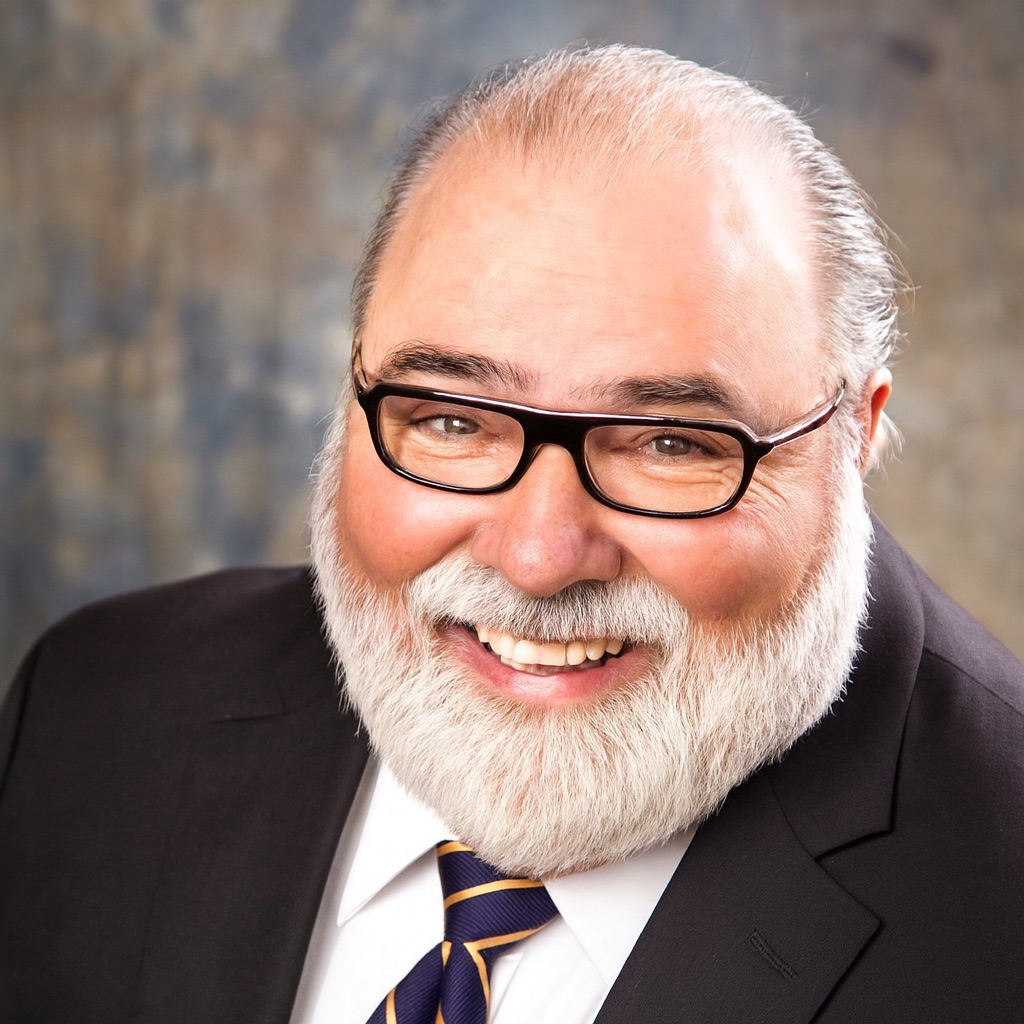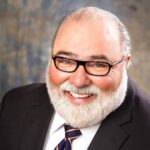
Teams
Roger P. Watts, Ph.D.
Teams
Roger P. Watts, Ph.D., is a licensed alcohol and drug counselor who practices as a chemical dependency professional at a treatment facility in St. Paul, Minn. He received his Ph.D. in general psychology from Capella University in Minneapolis with a specialization in addictions therapy. His dissertation, The Lived Experience of a Spiritual Transformation in the Everyday Lives of Alcoholic Men New to Recovery: A Phenomenological Study, examined spirituality in recovery. He is currently writing a book, 101 Ways to Tell if Your Teen Is Using Drugs, and developing a psychological simulation game for training corporate customer service employees.
Watts came to the practice of chemical dependency treatment mid-career, after working in business and journalism in Boston, Washington, D.C., and Miami. He began his professional career in public relations at Yankee Atomic Power in Boston and later became director of public relations at Bentley College. In 1976, he joined the Carter administration, first as a special assistant to the secretary of the Department of Housing and Urban Development and later as part of the White House press office under Jody Powell.
Education
Capella University
Doctor of Philosophy (PhD), Psychology
2007 - 2012
Cambridge College
Master of Education (MEd), Counseling Psychology
1994 - 1996
References
The Lived Experience of a Spiritual Transformation in the Everyday Lives of Alcoholic Men New to Recovery. Google Citations.
Authored
Notable Contributions
Discover the contributions, mentions, and viewpoints of Roger P. Watts, Ph.D..

